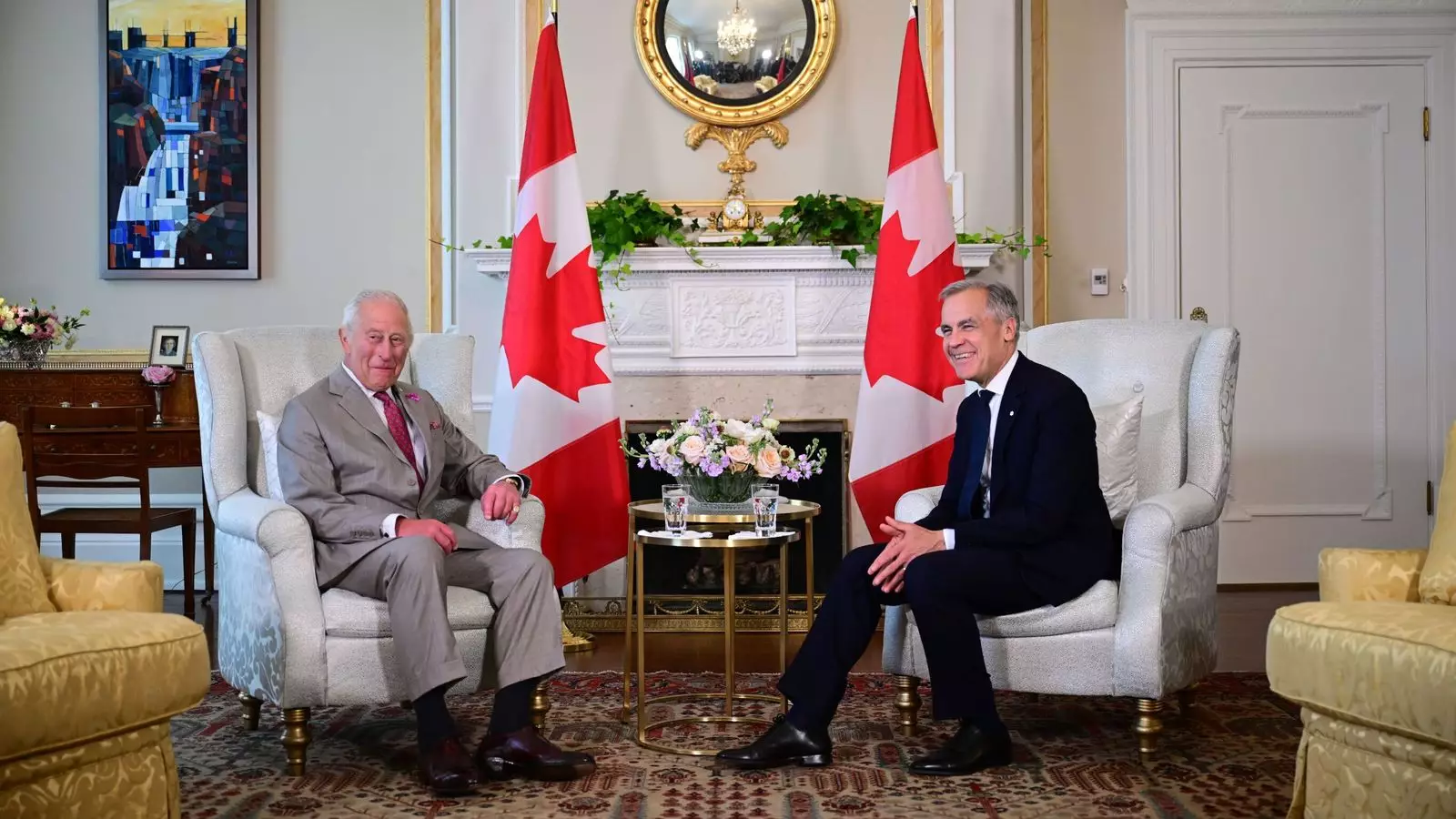The plight of the British Home Children has remained a dark chapter in the annals of Canadian history, often lurking in the shadows of more widely acknowledged injustices. Between 1869 and 1948, over 100,000 children were forcibly taken from their orphanages in the United Kingdom and shipped across the sea to Canada, where they were subjected to a grim existence as cheap laborers. Many children were sent to work in farms or as domestic servants, living wearily under circumstances that would scar them for life. The emotional and physical abuse experienced by these children—who were robbed of their innocence and treated as second-class citizens—is a grievous stain on the national consciousness that must not be overlooked.
Given the historical context, it is high time that the royal figures of King Charles and Queen Camilla recognize this painful legacy and use their upcoming visit to Canada as a platform for change. The campaign for an official apology speaks volumes not just about acknowledging history, but about the profound need for healing and reconciliation. John Jefkins, whose own father was a Home Child, voices the sentiments of many when he emphasizes the significance of an apology. John articulates a fundamental truth: “It’s something we deserve.” A formal acknowledgment from the monarch would illuminate the dark passage of history and validate the ancestral wounds that remain unhealed.
Canada’s Hesitance: A Reflection of National Identity
Despite numerous appeals for an official apology, Canada has remained obstinately resistant. This reluctance to confront the morally repugnant practices of the child migration schemes suggests a troubling undercurrent in the national identity—a tendency to sweep uncomfortable truths under the rug in pursuit of a more palatable narrative. This is not merely about the failed policies of the past; it’s about the ongoing implications for those affected and their descendants. The Home Children deserve recognition, and the Canadian government’s reticence only prolongs their suffering.
The royal visit, laden with symbolic weight, is not just a ceremonial formality. It stands as a pivotal moment to revisit the ethics of our past. Why should those who were once subjected to such egregious mistreatment continue to live in silence? King Charles’s position as the Head of the Commonwealth uniquely positions him to advocate for a reparative measure, an action that could catalyze a necessary shift in government policy and public perception. It’s a chance to bridge the divide between history and humanity—a chance to confront the past rather than sidestep it.
Voices of Justice: The Call for Change
As the debate intensifies around the potential for an apology, it becomes increasingly clear that this is a matter of justice. The Home Children—and their descendants—are entitled to acknowledgment of their suffering. The absence of an apology serves only to perpetuate their status as silent victims, individuals whose struggles have been trivialized or ignored entirely. These children didn’t just vanish into obscurity; they contributed to the very fabric of Canadian society, often at a significant personal cost.
The urgency of this situation is amplified by a kind of moral imperative; leaders who have the power to rectify past injustices must act in accordance with the ethical responsibilities of their roles. John Jefkins’s assertion that “the King’s visit provides a great opportunity” is not merely an optimistic suggestion; it’s a call-to-action, a plea for royal intervention that could pave the way for long-overdue recognition and reparative justice.
Beyond mere formality, an apology would symbolize a conscious step toward mending historical grievances. While the road to acknowledgment may be fraught with resistance, King Charles and Queen Camilla’s active participation in this dialogue is imperative. It is a chance to symbolize a modern Canada that values accountability and empathy, a Canada willing to confront its uncomfortable history head-on and embrace the complex narratives that have shaped its collective identity.
In this moment, the stakes are high. The lives of countless families hang in the balance, awaiting acknowledgment and healing. The royal couple has an unparalleled chance to effect meaningful change—not only within the framework of historical recognition but also for the holistic remediation of the scars left behind by colonial injustices. The time for an apology is now. Let this be a turning point that reaffirms the value of humanity and the enduring quest for justice.


Leave a Reply